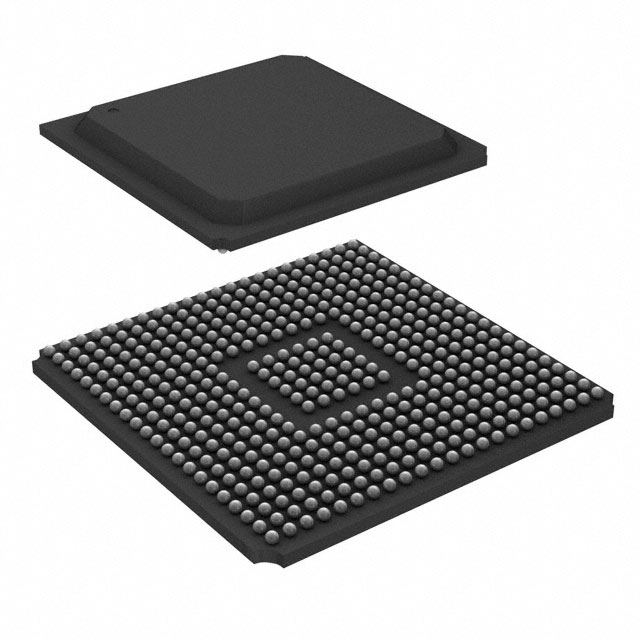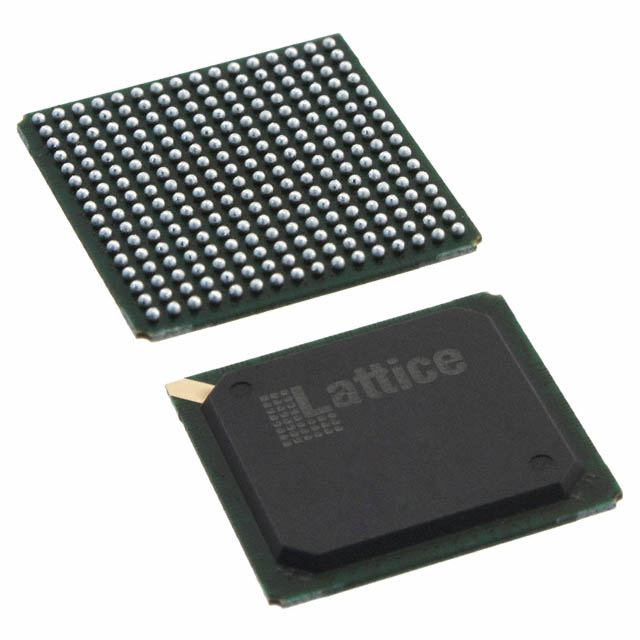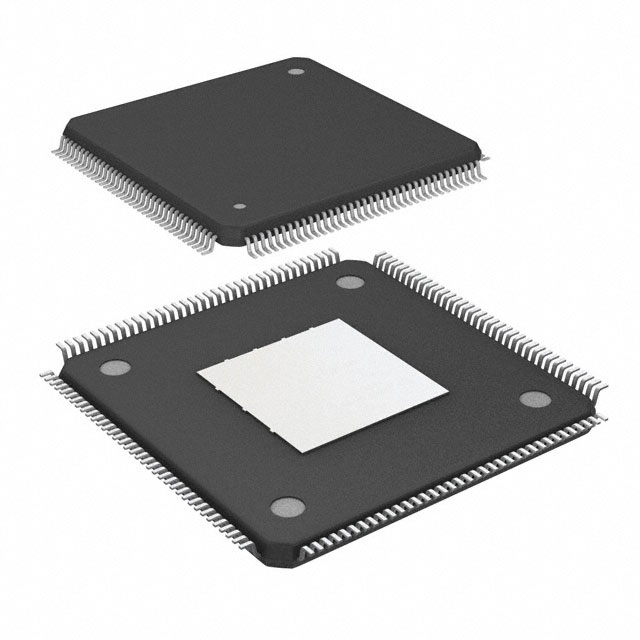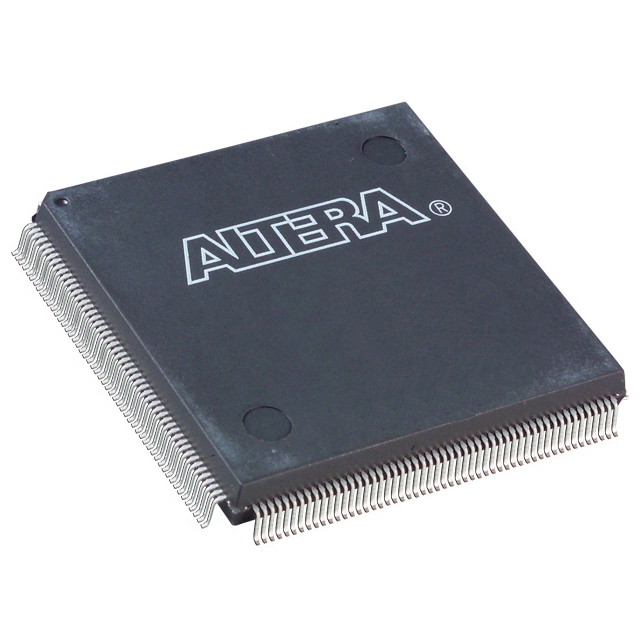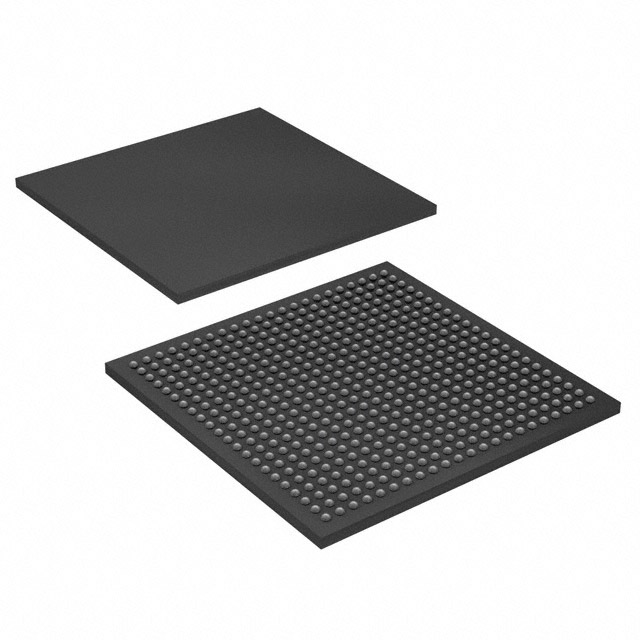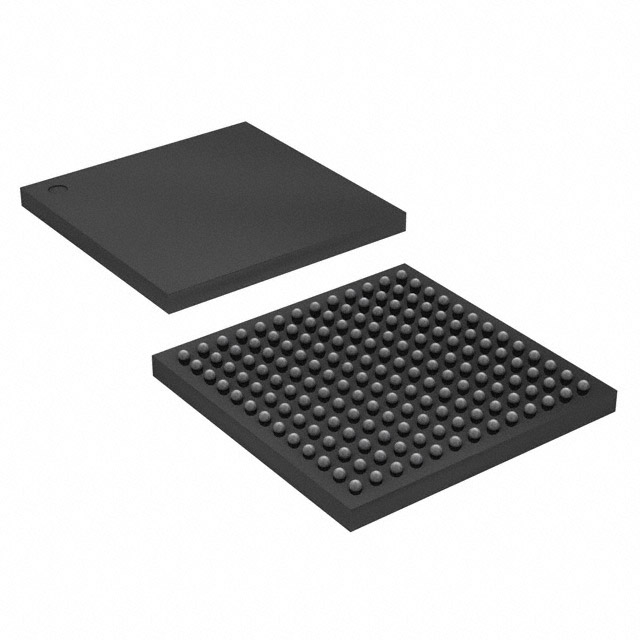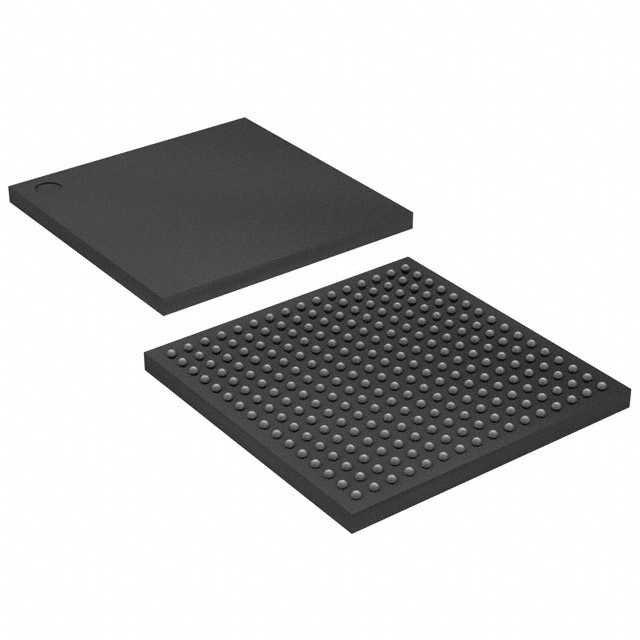In Stock : 0
Please send RFQ , we will respond immediately.









XC3S1500-5FG456C Specifications
-
TypeParameter
-
Number of Gates1500000
-
Supplier Device Package456-FBGA (23x23)
-
Package / Case456-BBGA
-
Operating Temperature0°C ~ 85°C (TJ)
-
Mounting TypeSurface Mount
-
Voltage - Supply1.14V ~ 1.26V
-
Number of I/O333
-
Total RAM Bits589824
-
Number of Logic Elements/Cells29952
-
Number of LABs/CLBs3328
-
DigiKey ProgrammableNot Verified
-
PackagingTray
-
Product StatusActive
-
SeriesSpartan®-3
The XC3S1500-5FG456C is a specific model of the Xilinx Spartan-3 FPGA (Field-Programmable Gate Array) family. Here are some advantages and application scenarios of this integrated circuit chip:Advantages: 1. High Logic Density: The XC3S1500-5FG456C offers a high logic capacity, allowing for the implementation of complex digital designs. 2. Flexible and Reconfigurable: Being an FPGA, it can be reprogrammed multiple times, making it suitable for prototyping and development. 3. Low Power Consumption: The Spartan-3 series is known for its low power consumption, making it suitable for power-sensitive applications. 4. Cost-Effective: Compared to other FPGA families, the Spartan-3 series offers a good balance between cost and performance, making it a cost-effective choice for various applications. 5. Wide Range of I/O Options: The XC3S1500-5FG456C provides a large number of I/O pins, allowing for connectivity with various external devices.Application Scenarios: 1. Digital Signal Processing (DSP): The XC3S1500-5FG456C can be used in DSP applications such as audio and video processing, image recognition, and filtering algorithms. 2. Communications: It can be used in communication systems for tasks like data encryption, modulation/demodulation, and protocol implementation. 3. Industrial Control Systems: The chip can be utilized in industrial automation, robotics, and control systems for real-time processing and control. 4. Embedded Systems: The XC3S1500-5FG456C can be used in embedded systems for tasks like sensor interfacing, data acquisition, and control. 5. Prototyping and Development: Due to its reprogrammability, the chip is commonly used for prototyping and development of digital designs before moving to ASIC (Application-Specific Integrated Circuit) implementation.It's important to note that the specific application scenarios may vary depending on the requirements and design goals of a particular project.






